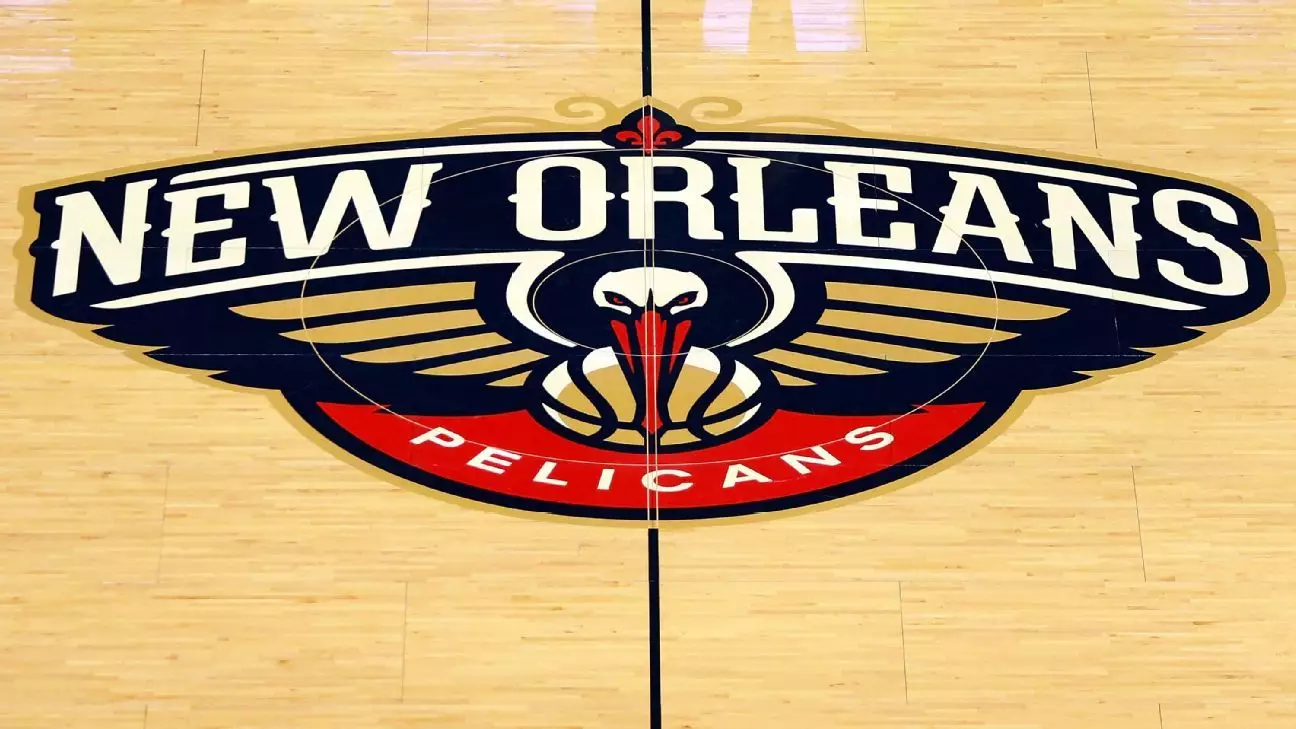In the wake of shocking events, communities can often find themselves grappling with intense grief and uncertainty. Such was the case for Willie Green, the head coach of the New Orleans Pelicans, who received heartbreaking news through a simple text from his father that revealed a horrific incident in his hometown. Early one Wednesday morning, an Army veteran committed an appalling act of violence, claiming the lives of 15 individuals and leaving over 30 injured in New Orleans’ iconic French Quarter. This catastrophe not only shook the city’s residents but also reverberated through the hearts of those associated with the Pelicans, who were preparing for a game against the Miami Heat.
Green’s immediate reaction expressed a profound sense of devastation. He articulated sentiments that many are likely to empathize with: the notion that safety is becoming increasingly elusive in everyday life. His remarks highlight a disconcerting reality — the vulnerability individuals feel in public spaces that should traditionally symbolize celebration and community, such as Bourbon Street. Green’s anguish about the lasting pain that families will endure as a result of this tragedy emphasizes a fundamental truth: Acts of violence not only take lives but also leave psychological scars that endure far longer.
This perception was echoed by Erik Spoelstra, coach of the Miami Heat, who underscored the chilling effect of the news on his team. The abrupt shift in focus as players and staff processed the information encapsulates an uncomfortable yet familiar sentiment: sports can serve as a haven, but at times, they also force individuals to confront grim realities that exist outside the arenas. The tragedy in New Orleans served as a poignant reminder that life is unpredictable and terror can intrude upon moments of joy and celebration.
Sports as a Unifying Force
Acknowledging the tragedy, the Miami Heat took steps to honor the victims through a pregame moment of silence, an act of respect that transcends the boundaries of basketball. This initiative exemplifies how sports teams can act as unifying forces in times of distress, reminding communities that they are not alone in grief. The addition of a moment of silence to commemorate the life of former President Jimmy Carter, who had recently passed away, served as a poignant juxtaposition of loss and remembrance in a community that thrives on resilience.
The Pelicans broadcast team, including play-by-play announcer Joel Meyers and analyst Antonio Daniels, added depth to the conversation by reflecting on the cultural significance of Bourbon Street. Their commentary reveals a collective yearning for joy that has been overshadowed by violence. The contrast of merriment associated with the location against the grim nature of the events highlights the profound losses not just of lives, but also of the spirit that characterizes New Orleans.
As the Pelicans prepare for their next game, the emotional weight of this incident looms large. Players are not merely sports figures; they are members of the fabric that makes up their city. The psychological and emotional impact of such a tragedy will likely affect how they engage both on and off the court. The resilience of the New Orleans community will inevitably be tested, as they navigate through grief while striving to reclaim the spirit of togetherness that defines them.
In the face of adversity, it is crucial for communities to come together, offering support and solidarity to those impacted. Collective mourning and a commitment to healing can help communities rebuild trust and foster an environment where joy returns to public spaces. The narrative of loss in New Orleans should serve as a catalyst for change, inspiring activism against violence and advocating for safety in all facets of life.
The tragedy that unfolded in New Orleans is a stark reminder of the fragility of life and the importance of community. As voices from the sports world lend their hearts to those affected, it is vital that the conversation extends beyond condolences. We must collectively explore avenues toward prevention and support, ensuring that places meant for joy remain safe for all. In unison, we can cultivate a sense of security and healing, reaffirming that even in the darkest of times, light can emerge as communities rally together to uplift one another.


Leave a Reply